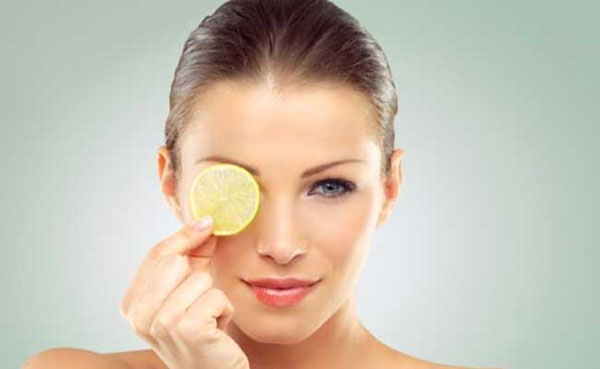
Researchers at the University of Arizona College of Pharmacy have discovered that a compound found in the natural food additive annatto prevents the formation of cancer cells and skin damage from UV radiation in mice. In the future the compound, bixin, may be valuable in the prevention and treatment of human skin cancers.
Georg Wondrak, PhD, associate professor, and Donna Zhang, PhD, professor, both members of the University of Arizona Cancer Center, recently published a study in Free Radical Biology and Medicine titled, “System Administration of the Apocarotenoid Bixin Protects Skin against Solar UV-Induced Damage through Activation of Nrf2.”
Bixin is a bright reddish orange compound found in annatto, a natural condiment and food coloring derived from the seeds of the achiote fruit. Annatto, also known as achiote, has been a common ingredient in Latin American cooking since the pre-Columbian era.
Dr. Wondrak’s lab works to find small molecules, often in edible plants, that can prevent skin cancer. Dr. Zhang is a leading expert on the Nrf2 transcription factor, which strengthens cells against exposure to carcinogens. Dr. Wondrak’s investigations occasionally identify a compound that activates the Nrf2 pathway, and he calls on Dr. Zhang to collaborate in determining whether the compound has cancer-preventive properties.
In the recent study, mice injected with bixin and uninjected mice were exposed to UV radiation. The mice with the bixin injection experienced much less severe skin sun damage.
Dr. Wondrak says this discovery is unique because bixin is a nutritional factor, not a sunscreen applied to the skin. It prevents UV skin damage from the inside out by inducing cells to make protective antioxidants and repair factors. The compound does not kill skin cancer cells, but prevents their forming in the first place. Drs. Wondrak and Zhang find this research especially compelling because it involves a commonly consumed food substance.
The next steps for this line of research include finding out whether bixin prevents UV skin damage in humans as it does in mice. Because annatto is approved by the Food and Drug Administration asa safe food additive, its use in future clinical trials is expected to require fewer rounds of testing. With continued research into bixin’s effects, scientists soon may know if foods with annatto can help prevent sun damage, photo-aging and cancer in humans.
The study done by University of Arizona, College of Pharmacy.